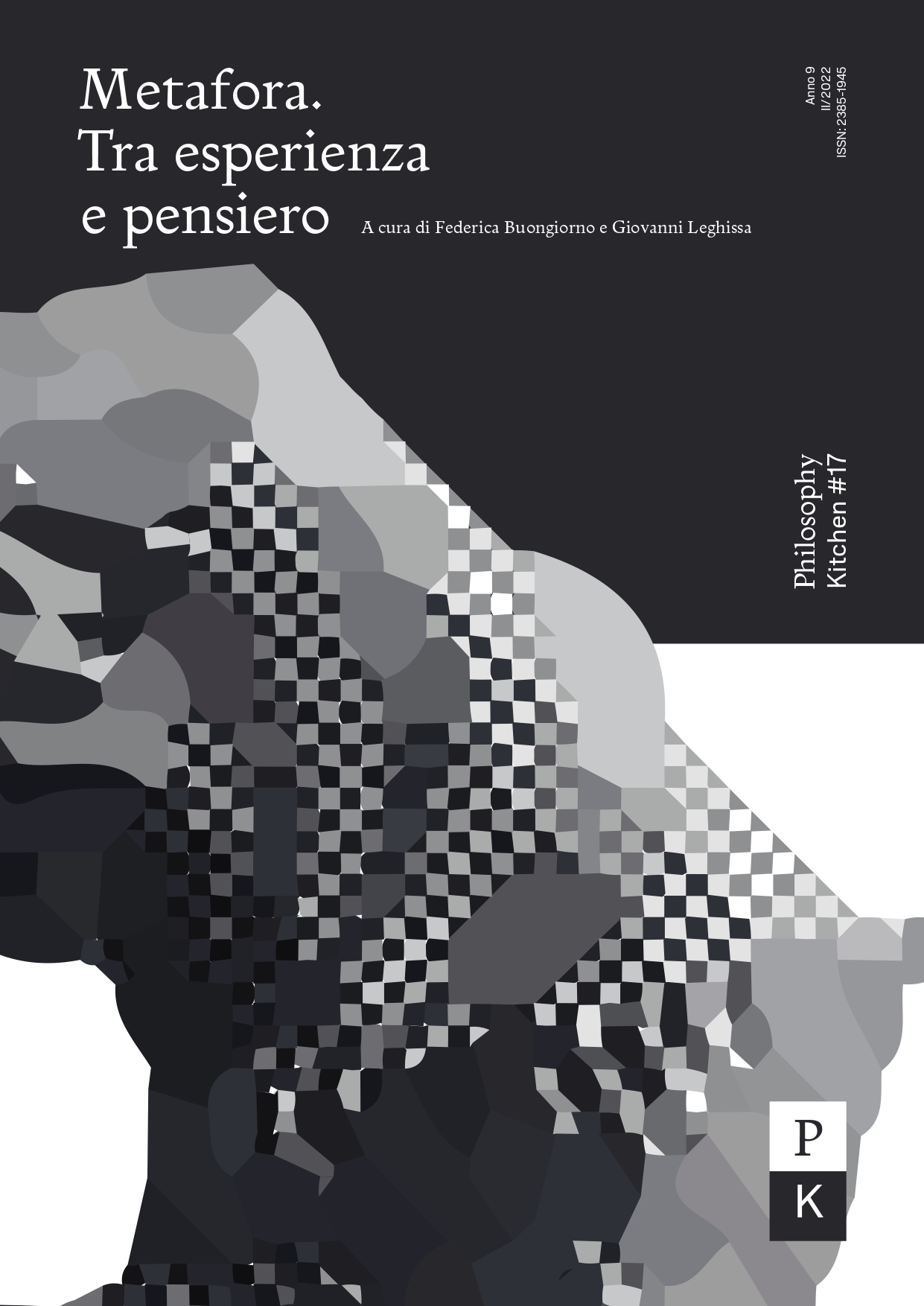Esistono buone metafore in scienza? Note in margine a "La linea e il circolo"
DOI:
https://doi.org/10.13135/2385-1945/7186Abstract
formation of concepts and hypotheses; however, not all metaphors are good. Frequently, metaphors are unsound, confusing and lead to illicit parallels. The aim of this article is to offer an understanding of metaphors that provides rational criteria for making a distinction between good metaphors and bad ones.. Firstly, drawing on the work of I. A. Richards and M. Black, we will clarify the logical grammar of metaphors; secondly, we will examine R. Boyd’s conception of metaphor in science; thirdly, we will consider one of the most influential examples of scientific metaphor in the 20th century, that of genetic information; finally, due to the explanatory insufficiency of the conceptions examined, we will refer to E. Melandri’s analyses. Since they bring together the primary reference to reality with the secondary reference to possibility, metaphors embody the transgressive and propulsive function of knowledge. Nevertheless, transgression per se does not constitute a virtue; metaphors can be reduced to symbols to the extent that they can convey technical or political projects that have nothing to do with knowledge. On the one hand, therefore, metaphors must be constantly controlled; on the other hand, the exercise of creative thinking in science would not be possible without the invention of new and farreaching metaphors.






